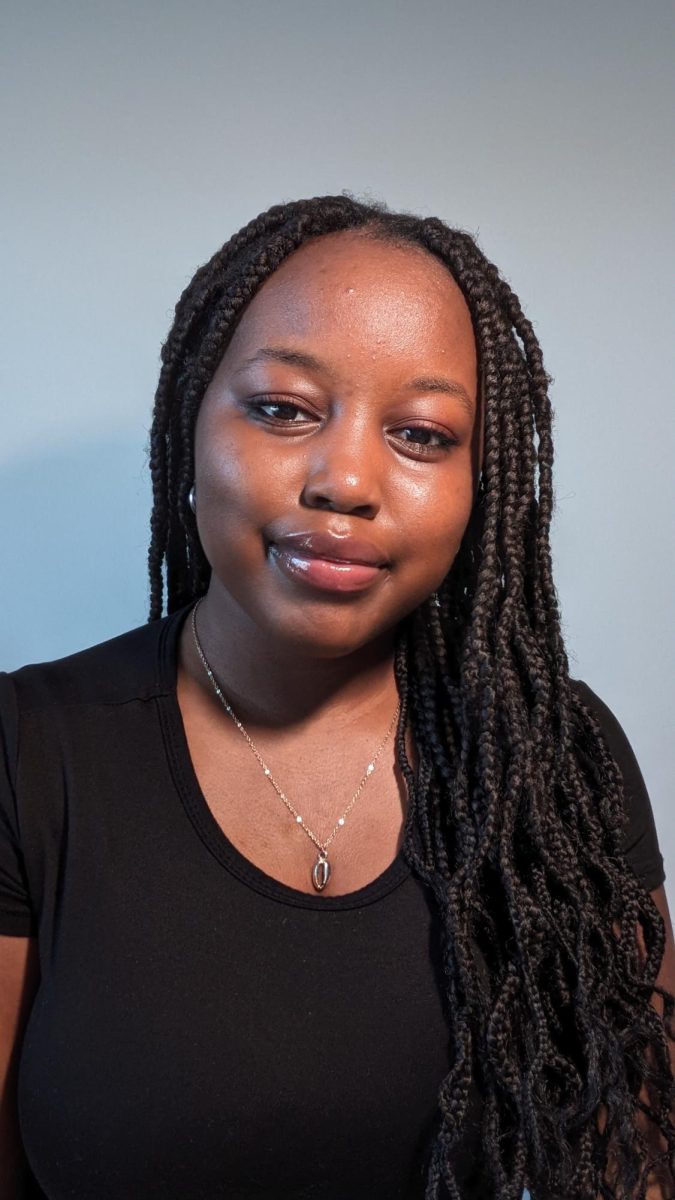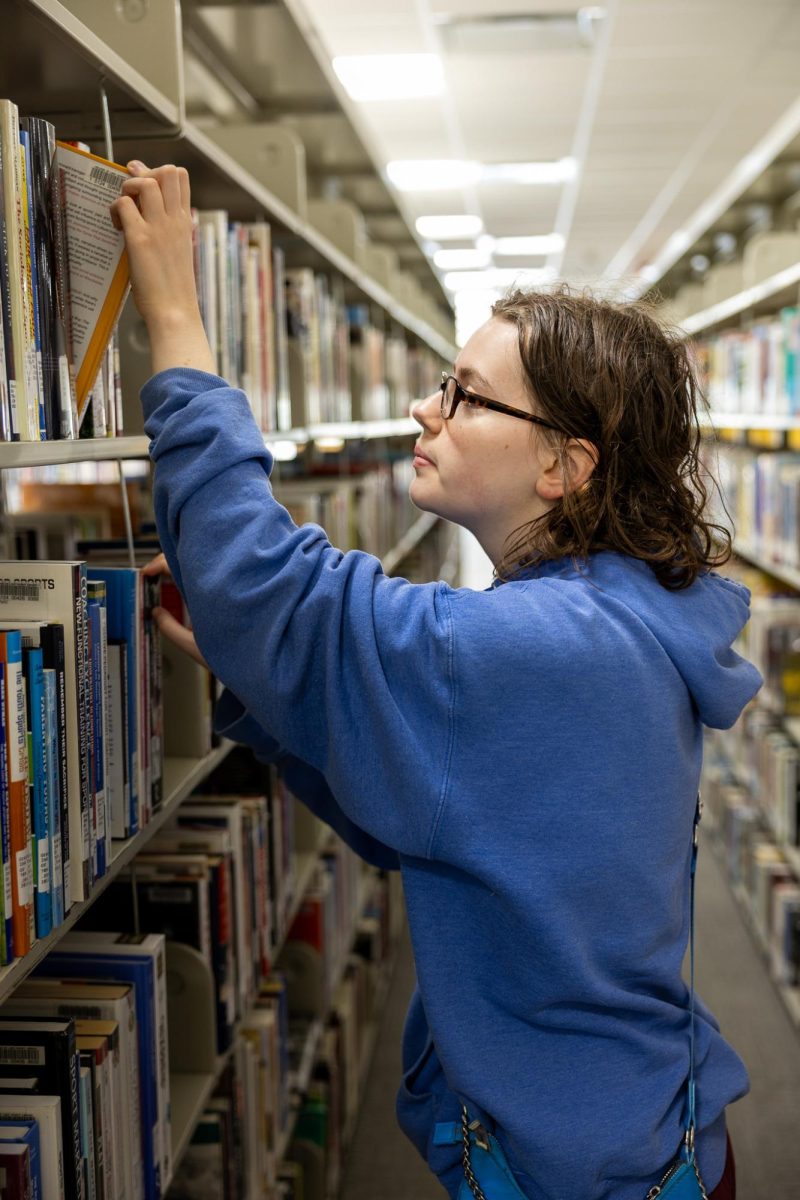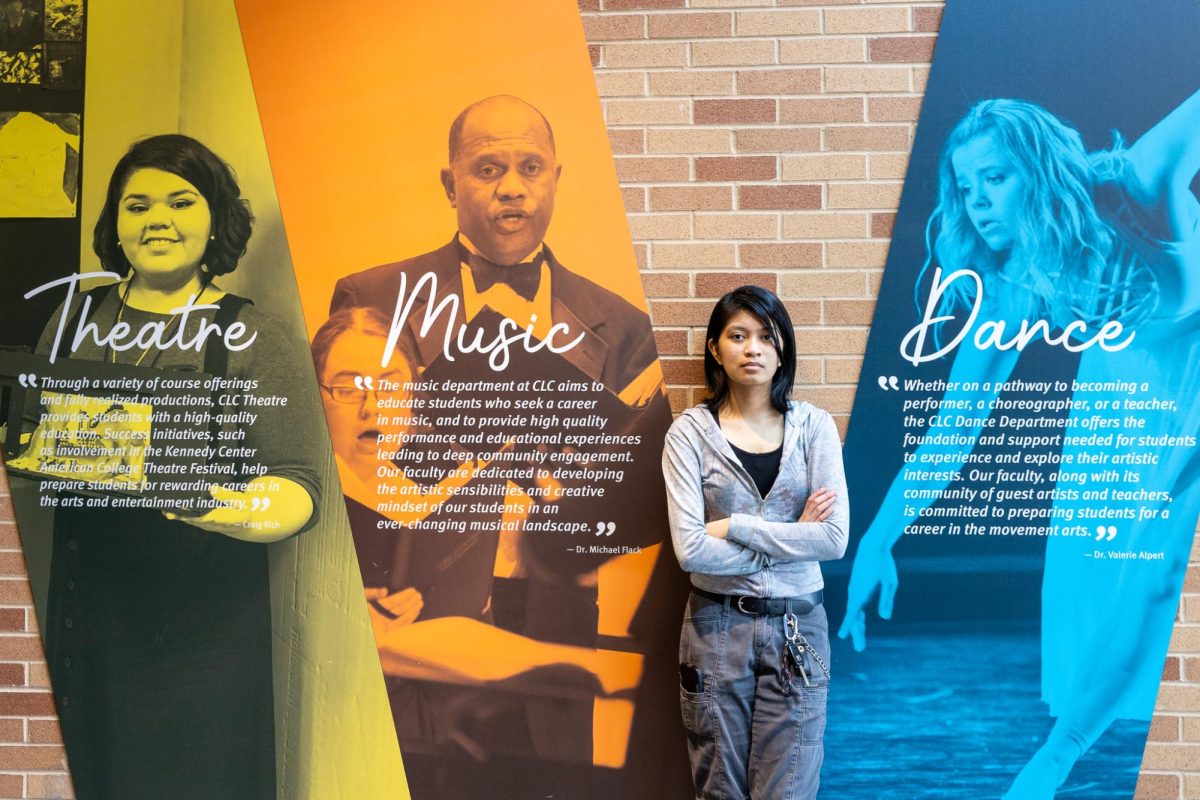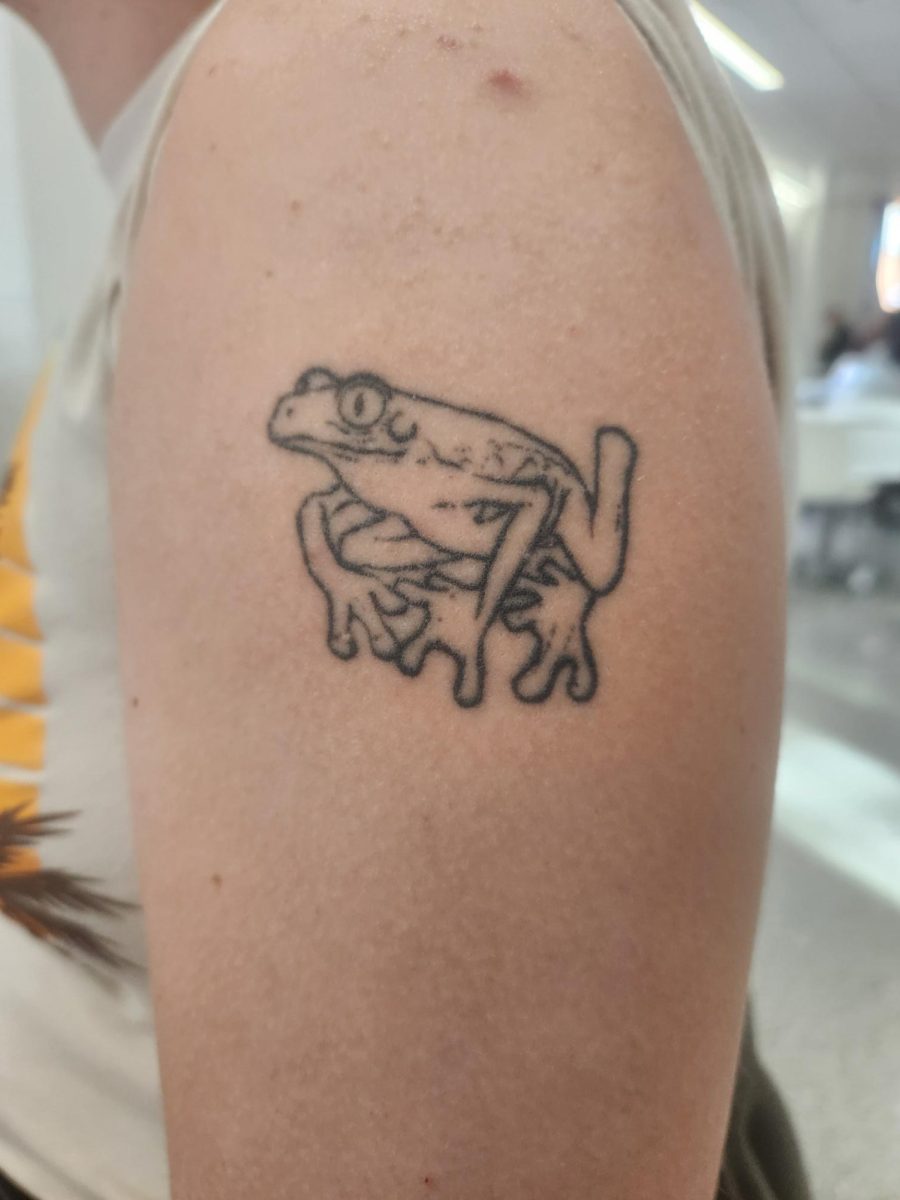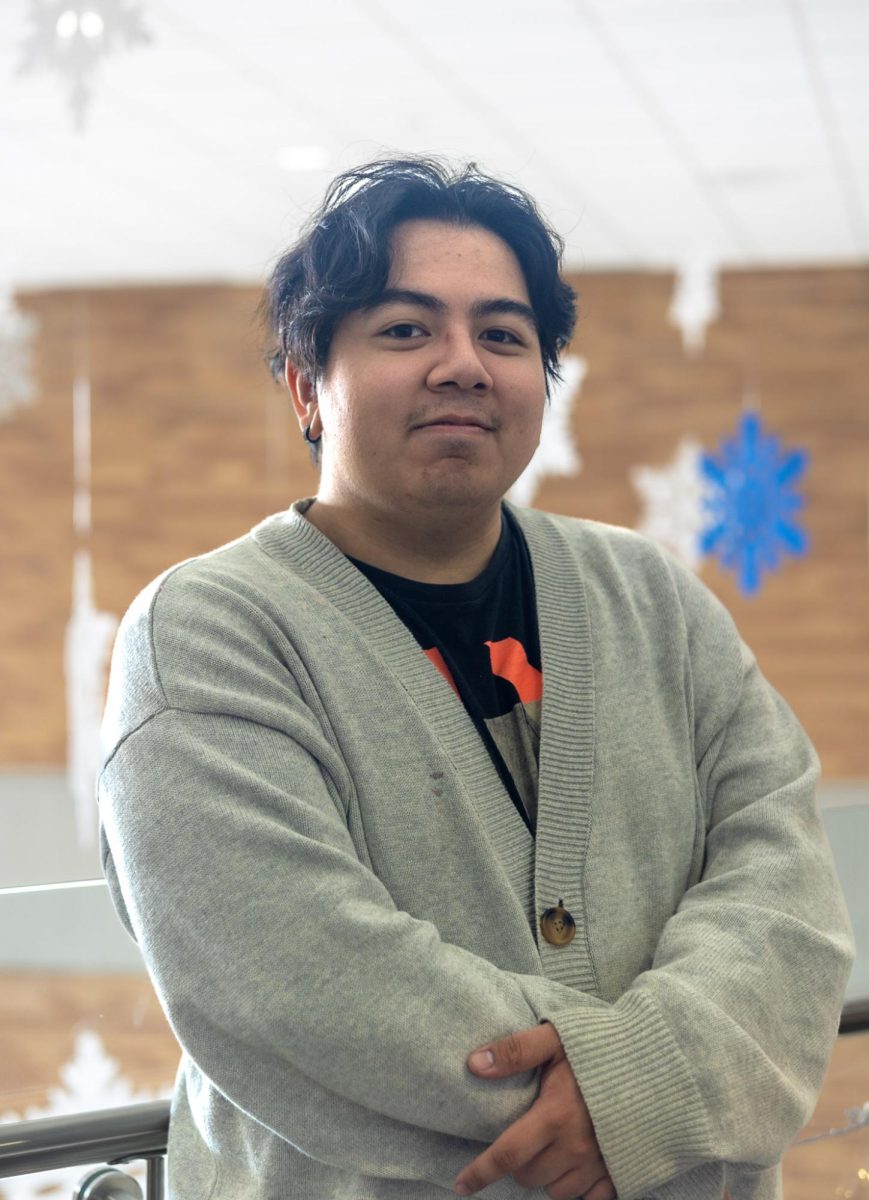The College of Lake County (CLC) is lucky to host many international students from more than 35 countries far beyond the county’s reach each year. With rich and diverse backgrounds, each student brings a bright new perspective to our campuses and online courses.
Imani Kinyanjui chose CLC after graduating high school in Nairobi, Kenya. Born in St. Louis, Missouri, to two Kenyan parents. Imani’s family relocated to Nairobi to live closer to extended family in 2010, while she was still in her early years of elementary school.
Before moving, although growing up around the Kenyan culture of her parents, Kinyanjui “did not even know how to say ‘Hi’” in Swahili, the national language of Kenya, and learned to adapt to the language, culture, and lifestyle of Nairobi, a city that Kinyanjui sees as closer to other American cities than most people realize.
Imani recounted misconceptions she’s heard since moving back to the U.S.
“‘Do you guys have electricity? Do you guys have phones?’ I’ve even heard, ‘Do you guys have water?’” Kinyanjui said.
According to her, Nairobi is a vibrant city with “malls, ice skating rinks, and movie theaters.” Contrary to some misguided beliefs, there are no “elephants” or “mud houses.”
Kenya’s authentic culture and traditions set it apart from her time in the United States, specifically in terms of cuisine.
From Githeri, a corn and legume stew, to Mandazi, a Pan-African bread often compared to doughnuts and frybread, Imani developed a palate for traditional foods that she still makes in the United States to “have a piece of home” with her.
Imani noted that Kenyans are known for their values of family and hospitality.
“If there’s a Kenyan in need, we always help them,” Kinyanjui said. “Whether it’s food or orphanages, we always try to help each other.”
She recalled that even when facing personal crises, Kenyan families and communities band together to help.
In their culture, the elders, rather than being put in retirement or nursing homes, live with their families for life, and children often stay at home before heading to college or the workforce to contribute to the household.
For neither better nor worse, Kinyanjui said that the United States is “a lot more individualistic.”.
Kinyanjui’s childhood experiences in Kenya were full of both great successes and challenges.
In a K–12 school of 250 students total, she was able to build strong friendships and further immerse herself in Kenyan culture.
Some teachers were tough, and pressure was often high.
“African families are very strict in terms of schooling,” she said. She added that while she learned to be diligent with her education, she didn’t always have the best relationship with school.
As Kinyanjui grew, she noticed larger problems facing her community and Kenya as a whole.

“We don’t look at our government quite fondly,” she said.
She said that corruption and conservatism are some of the biggest problems facing the country today.
She mentioned a strong mental health stigma in Kenyan culture.
“Our country is very religious,” Kinyanjui said. “And sometimes, in religion, some people say, rather than getting professional help, we should just ‘pray it away,’”
Kinyanjui said that because of this, it leads to opening the gateways to alcoholism and suicide.
Rather than enduring or escaping these issues, Kinyanjui was driven to find solutions.
“Seeing [her] family and friends struggle in their own ways and not knowing how to properly help” has influenced Kinyanjui to seek a degree in psychology, hoping to return to Kenya to provide more mental health opportunities for her community and country.
After high school graduation, Imani decided to save up money and move back to the United States with her mom to attend the College of Lake County, due to her mom’s past work experience in the area.
Kinyanjui remembered that she experienced some culture shock despite having already lived in the United States earlier in her life.
She recalled that she sacrificed the slang and communication styles she’d developed with friends and, at points, “grieved for [her] country.”

“Sometimes you need to grieve to embrace a new chapter,” she said as a piece of advice to other international students.
She described CLC’s professors and counseling department as great guides through her transition back to American education and culture.
“Everybody was so welcoming,” she said. “[And] helped me become a self-advocate.” “[They] really helped me fall in love with school again.”
As for her personal experiences with the transition, though she has faced challenges and compromises, she has found balance.
“I’m still trying to instill my values in my heart and not forget my culture,” she said.
Kinyanjui is graduating from CLC this spring and plans to transfer to a 4-year university to complete her psychology degree. From there, she hopes to travel, meet friends and colleagues from different backgrounds, and eventually return to Kenya to apply her skills where they’re needed most.
In the meantime, she’s enjoying getting time to bond with her mom while they live in Illinois, though she’s still “trying to get used to the winters again.”

